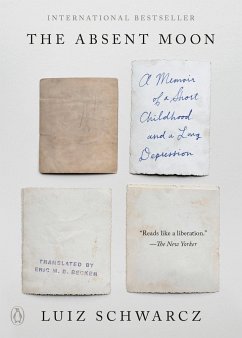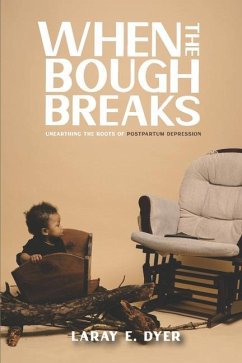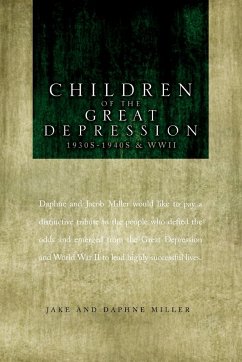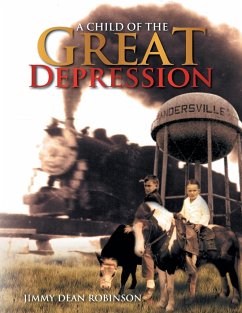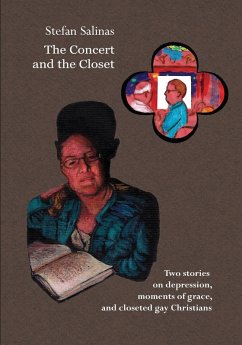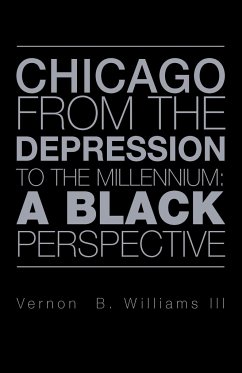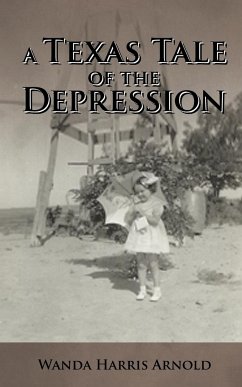
A Texas Tale of the Depression

PAYBACK Punkte
8 °P sammeln!
This story covers the time tunnel of the Great Depression in an area of Texas that had not changed for several decades and would continue to progress only slowly until the 1960s-the Panhandle. It is a child's view of the brutal realism of the time, the smells, the blood, the cold, the lack of sanitation, and the rigidity of the adults surrounding her. It is the story of the author's first year in a school where parents are entertained with a prejudicial skit about African Americans, where a teacher whips a boy with a razor strap until he bleeds, where the girls pick dandruff from the head of t...
This story covers the time tunnel of the Great Depression in an area of Texas that had not changed for several decades and would continue to progress only slowly until the 1960s-the Panhandle. It is a child's view of the brutal realism of the time, the smells, the blood, the cold, the lack of sanitation, and the rigidity of the adults surrounding her. It is the story of the author's first year in a school where parents are entertained with a prejudicial skit about African Americans, where a teacher whips a boy with a razor strap until he bleeds, where the girls pick dandruff from the head of the teacher while she is instructing, and where the violent weather plays a role as both protagonist and antagonist. Seven-year-old Wanda Gene observes her environment, which is oftentimes unthinkable and repugnant to a modern reader, with clarity, humor, and the mature wisdom of a child who finds joy in petting the baby lambs on her farm and reviving rain-drenched chicks in the stove. With a child's innocence and naiveté, she looks candidly at the customs of the era and questions their purpose, capturing as she does so the social milieu that was 1939.





